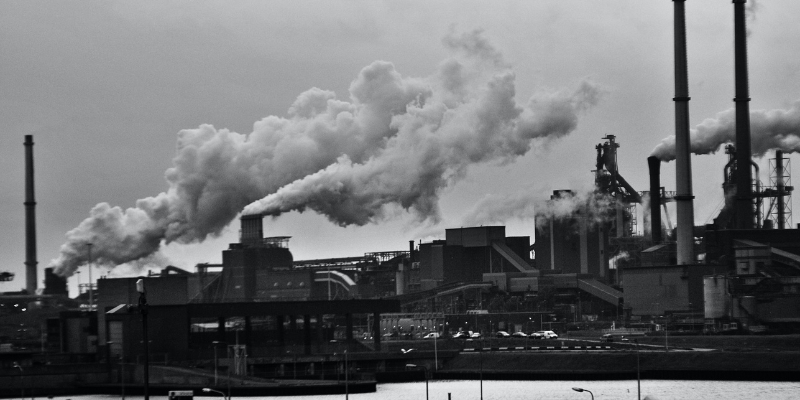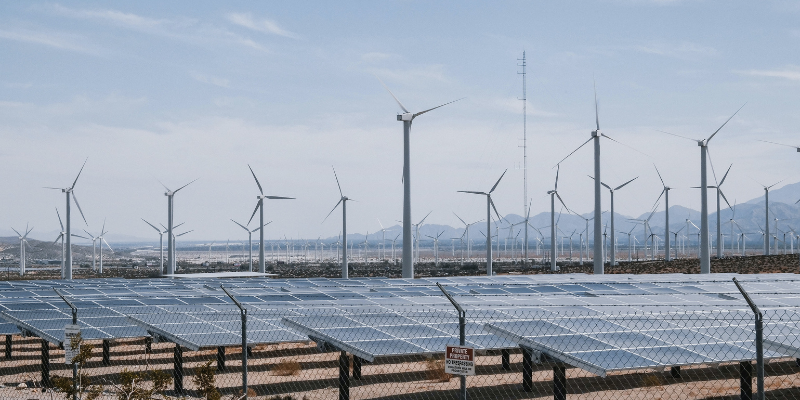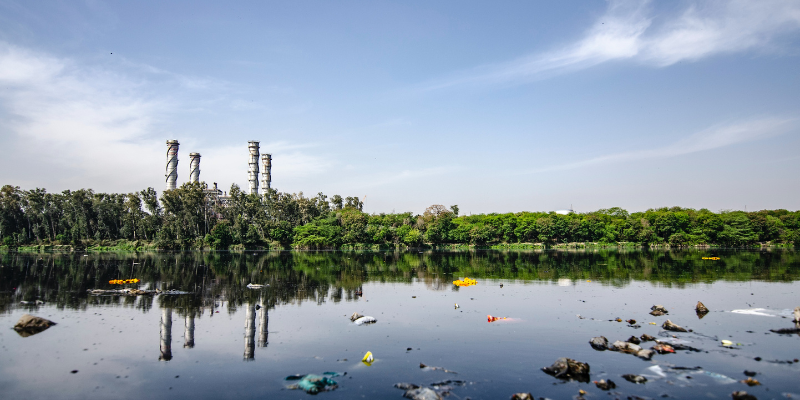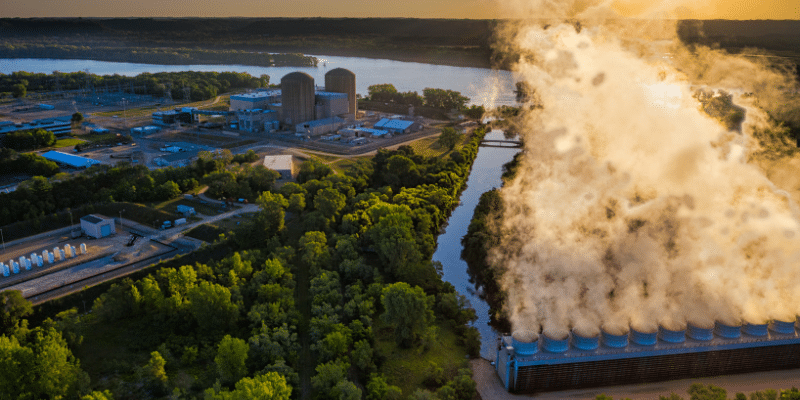Quiz Yourself
Green Business Quiz
Green Business Quiz
The Earth Day theme Invest In Our Planet asks that governments, people, and businesses unite to fight the climate crisis. Learn more about how businesses can make a difference.
There is a small wait at the end while we tally your results. Please stay on the page.
What is CSR?

CSR, or corporate social responsibility, is a business tactic in which companies incorporate both social and environmental concerns into their operations. It balances economic pursuits with sustainability and social justice efforts in order to create a more holistic business approach. CSR manages both stakeholder’s expectations as well as their consumers. The four areas of CSR are Environmental, Ethical, Philanthropic, and Economic Responsibility.
What number of businesses are responsible for 71% of carbon emissions?

Just 100 businesses are responsible for just under three quarters of all global carbon emissions since 1988. Furthermore, a report done in order to track emissions determined that just 25 corporate and state-owned entities account for more than half of global industrial emissions. The top 4 producers are ExxonMobil, Shell, BP and Chevron.
Businesses that prioritize sustainability do better financially.

Insights show that businesses can do well by doing good. A survey completed by the CGS showed that two thirds of customers believed that sustainability is at least somewhat important. By combating sustainability issues, businesses can strengthen their relationships with their customers while doing their part to address the environmental crisis. Furthermore, businesses can save by reducing labor and disposal costs.
How do businesses impact water quality?

New construction creates impervious surfaces, or surfaces that prohibit water penetration into the ground, a critical process for the water cycle. The soil can no longer filter runoff and creates nonpoint source water pollution. They also add to storm runoff which creates water pollution in water used by residents. Furthermore, throughout the water basins across the world in which 4.3 trillion cubic meters of freshwater is sourced annually, almost a quarter of them are under high stress and are being oversourced.
Approximately what percentage of businesses are threatened by a water crisis?

Through every industry, big or small, water is essential for business to remain functional. 66% of businesses are at considerable risk in direct operations or in their value chain due to water scarcity and an eventual water crisis. As demand for water continues to rise while supply is steadily declining, there is no understating the importance of practicing mindful water use.
Maintaining the use of nonrenewables is more costly than adopting renewable resource practices.

In the long-term, the continued use of nonrenewables will prove to be more costly once there is not enough supply to share amongst all businesses. Once the supply is completely gone, the transition to nonrenewables becomes harsh due to elasticity of demand. Transitioning to environmentally conscious energy sources now will not only save money in the long-run, but will also increase revenue across the board.
The United States and partnering countries will benefit from following the same economic model that prioritizes profits over the environment.

Following an economic model that suggests degrowth or that prioritizes balance and sustainability is the best way to prolong wealth and prosperity. The current economic model is not in equilibrium with sustainable development and there is too much pressure on natural resources and ecosystems.



Share your Results:
Learned something? Check out our other quizzes:
Go back to quizzes